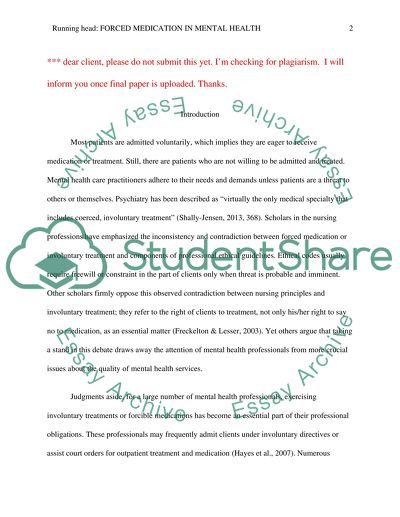Cite this document
(“Ethical Issues in Health Essay Example | Topics and Well Written Essays - 1500 words - 1”, n.d.)
Retrieved from https://studentshare.org/health-sciences-medicine/1649463-ethical-issues-in-health
Retrieved from https://studentshare.org/health-sciences-medicine/1649463-ethical-issues-in-health
(Ethical Issues in Health Essay Example | Topics and Well Written Essays - 1500 Words - 1)
https://studentshare.org/health-sciences-medicine/1649463-ethical-issues-in-health.
https://studentshare.org/health-sciences-medicine/1649463-ethical-issues-in-health.
“Ethical Issues in Health Essay Example | Topics and Well Written Essays - 1500 Words - 1”, n.d. https://studentshare.org/health-sciences-medicine/1649463-ethical-issues-in-health.


